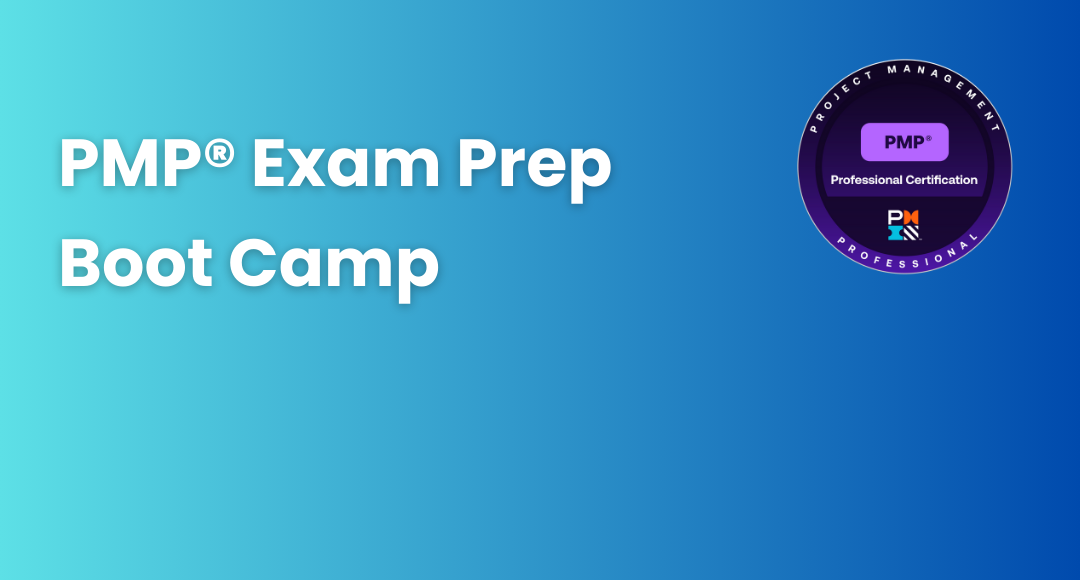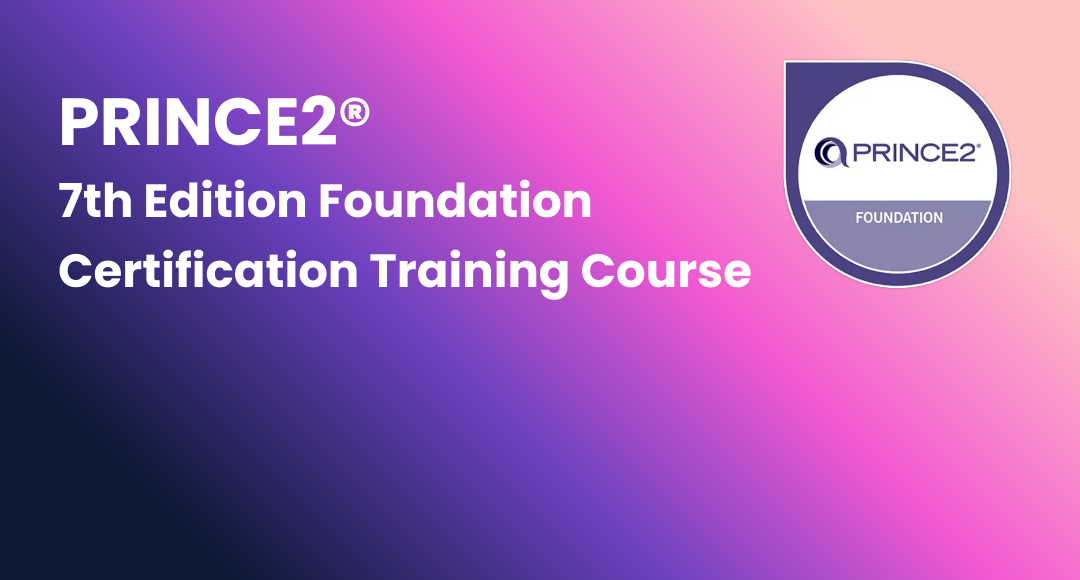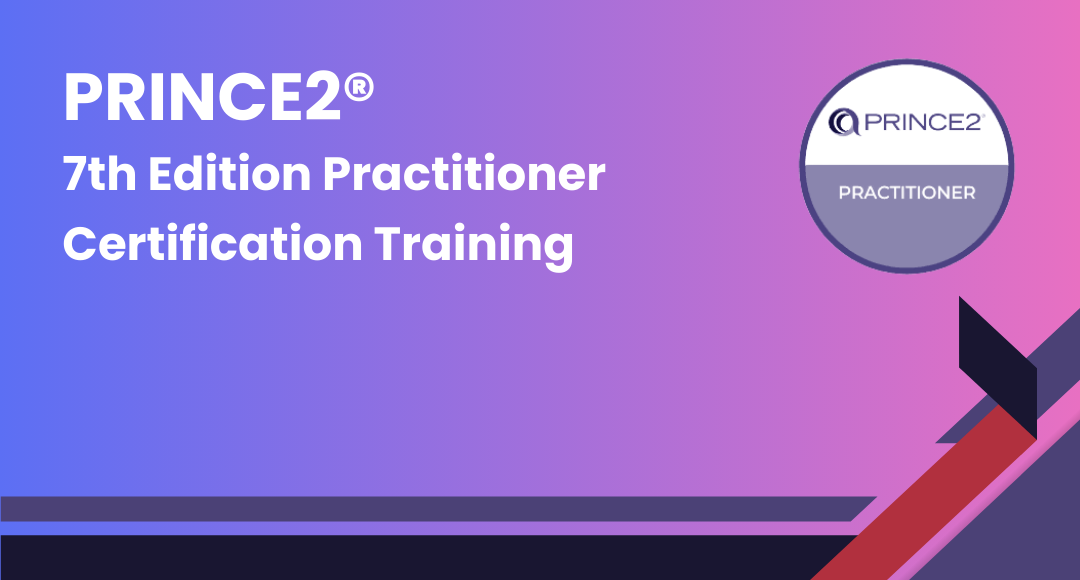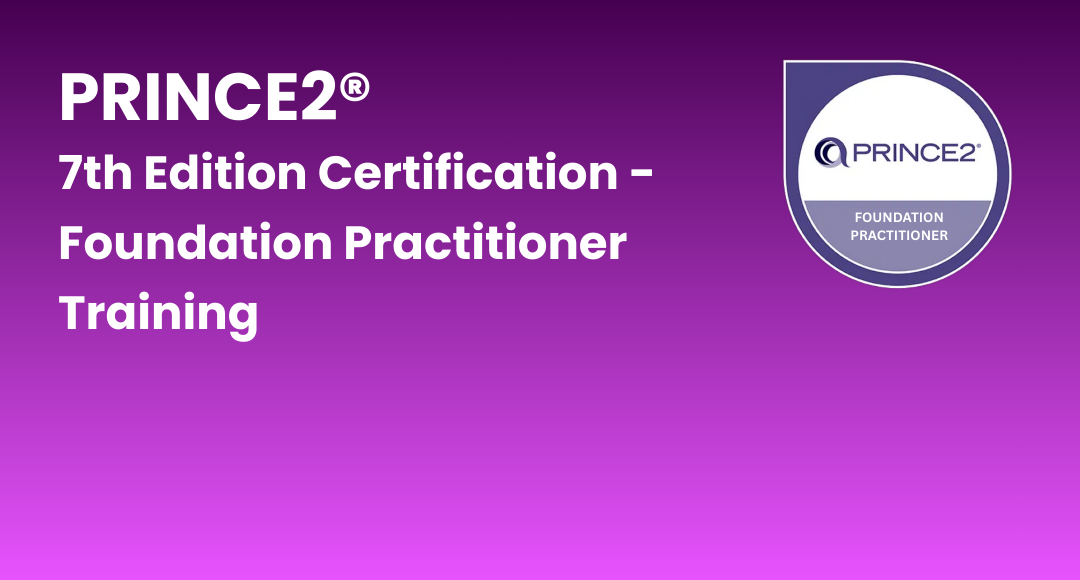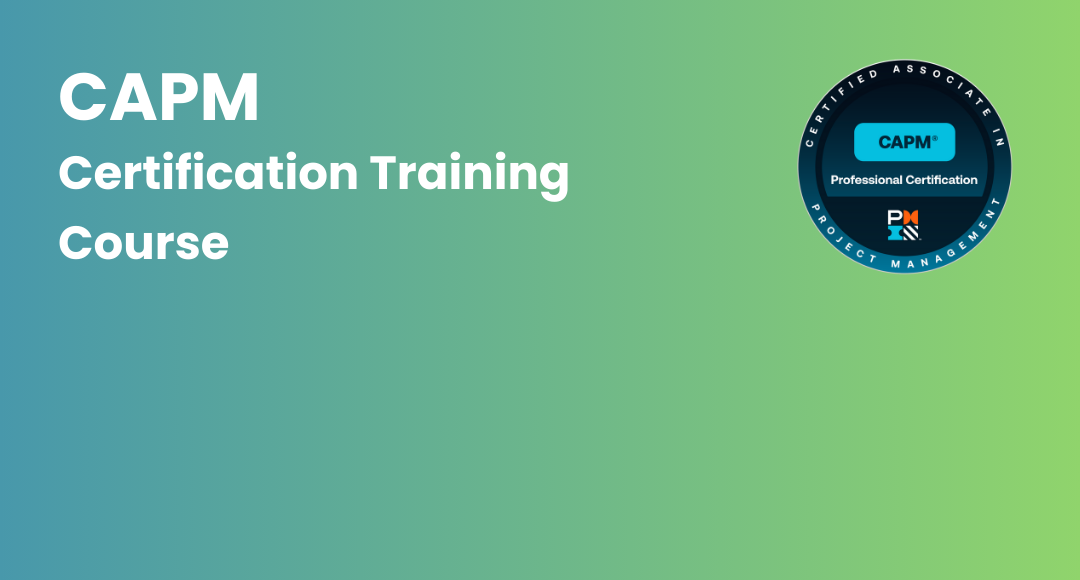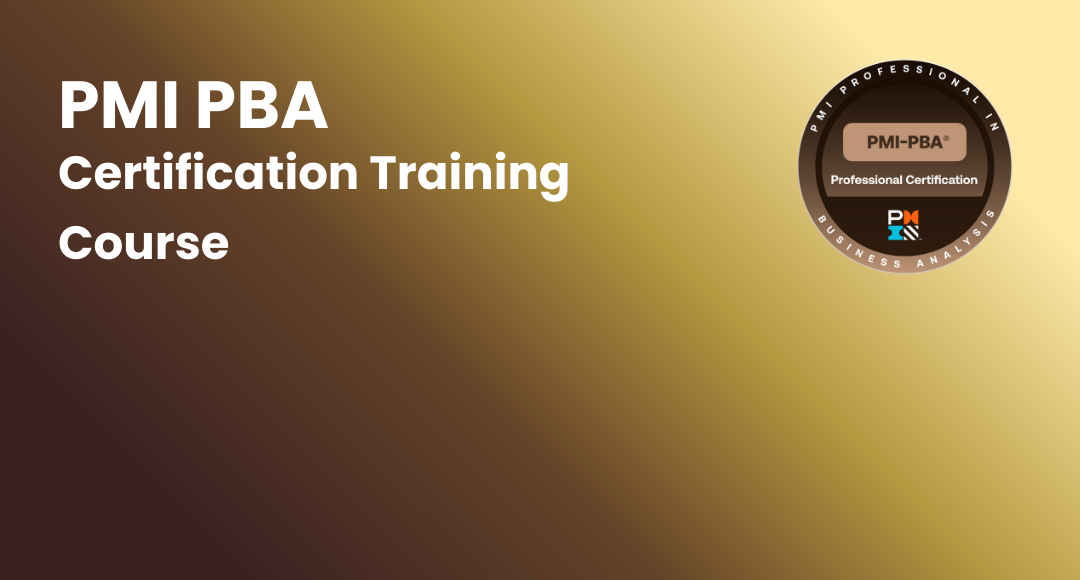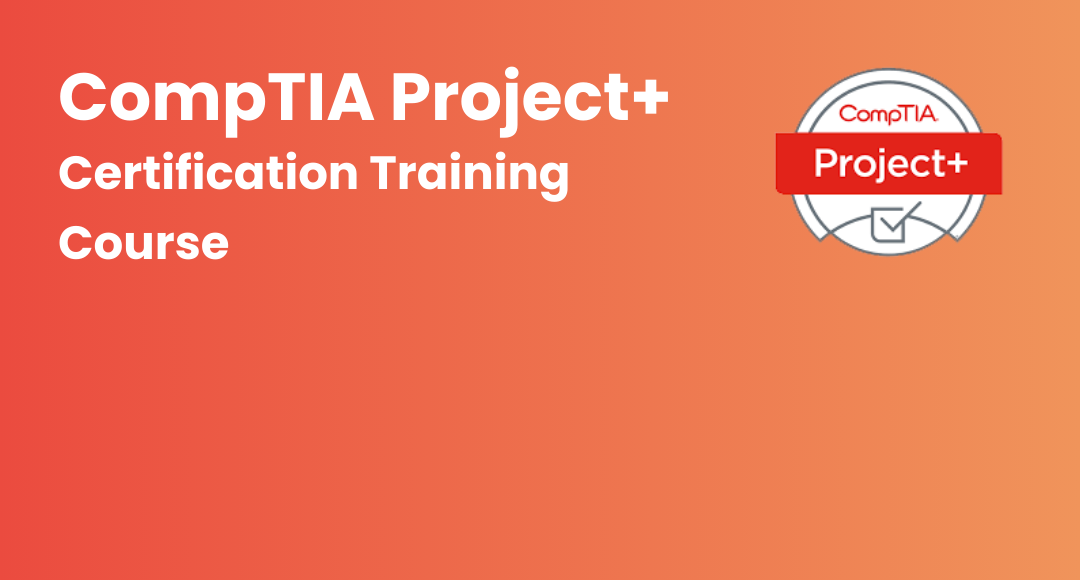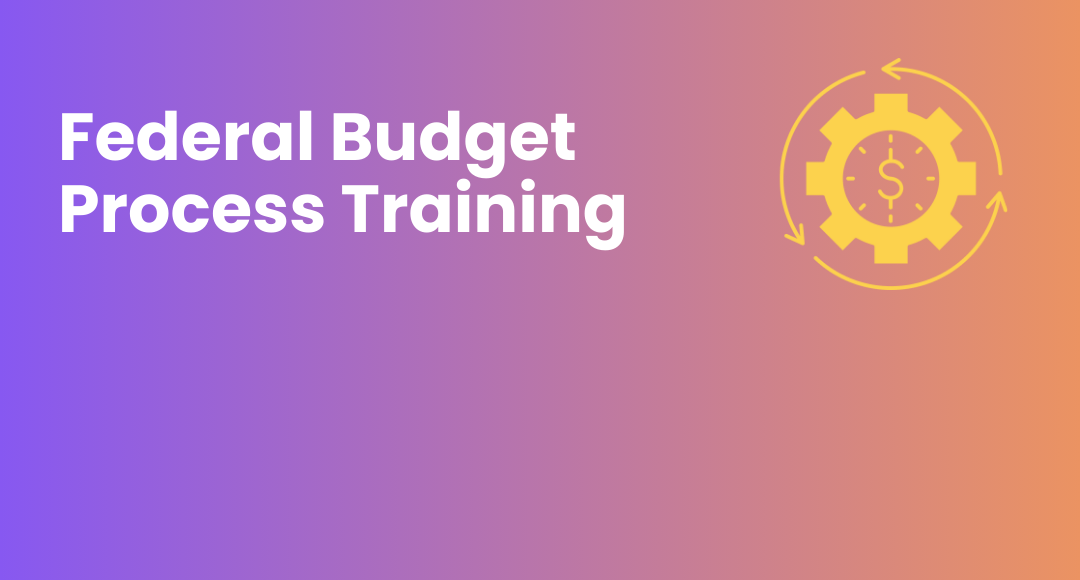Project Management vs Product Management
-
 By Jagadish Jaganathan
By Jagadish Jaganathan
- Published on May 4 2023

Table of Contents
Introduction
Project Management vs Product Management - Key Differences
While management is an integral part of an organization, for the naked eye project and product management might seem indistinguishable. But the acute differences have given rise to specialized studies on each of them. Management principles roughly remain the same while the nature of execution changes with the objectives when dealing with a project or a product.
A product is an item or service offered by the company to satisfy the customer's need. This is the core feature on which the company is built. Hence product management deals with planning, designing, and continuous improvisation of the product lifecycle. A project is a set of operations executed on a fixed timeline and resources to achieve a set target. Each stage of a product lifecycle can be considered a project in itself. So project management is simply organizing all the necessary components to facilitate a project.
Quite a lot of skill is required to become both a project manager and a product manager, and there is a steep growth in the requirement for those job profiles. There are a lot of sub-categories for product managers based on the stage of the Product Lifecycle.
Jeff Bezos once said that if you can’t feed a team with two large pizzas, it’s too large. It means no matter how big an organization gets it is necessary to maintain a few member teams to effectively function. And it is always advisable to have specialty-driven operation management.
In this blog, let us discuss the chief components, structure, needs, and tools for project management and product management. At the end of the blog, you’ll have a bird’s eye view of Project Management vs. Product Management.
Product Management
Product management is about developing a new product or improving an existing one. It starts with identifying a customer need, which is usually achieved by market research, and developing a product that would bridge the gap between the customer’s need and the options available, which ultimately becomes the success measure for the product.
Product management is a collaborative effort from business, sales, marketing, and product development teams. And studies have shown that effective product management can increase the profit margin by 34%.
History of Product Management
The word product management first came into usage in the US during the Great Depression period. It was initially used to describe a brand management position where a “brand man” was appointed and entrusted with all the responsibility of the product including its success and failure. Over the years the role of brand managers became a crucial part of many business activities, as most organizations started implementing product management strategies.
In the 90s when the technological and software firms were scaling new heights they faced difficulties in communicating with the customers, the products they developed were not meeting the customer’s expectations. They lacked brand awareness and realized the need for a product manager to bridge the gap of communication between the customer needs and the product developers. Their contribution became invaluable as their roles evolved to meet the growing organizational standards.
Product Lifecycle
Product Lifecycle involves all the activities involved in product management, right from identifying a customer need to ascertaining the success of the product. It comprises six stages, which include both inbound and outbound activities. Inbound activities are tasks that are to be completed before the product hits the market, like design and testing. Outbound activities take place after the product is available for the customers, like sales and feedback.
• Vision Development
• Customer Understanding
• Strategy Development
• Product Development
• Marketing and Sales
• Metrics
A vision is a starting point for any great endeavor. Only a product developed with a vision can truly serve its purpose. Customer needs should be identified through market research to create a vision that would address the problem areas. A clear vision for a product should answer these three essential questions.
• For whom the product is made?
• What problem is the product solving?
• How to measure the success of the product?
Product Strategy
Product Strategy needs to be developed after you have created a vision and identified the customer’s need. The main objective of any product is to solve a problem and the strategy phase outlines how exactly the product will solve the identified problem. The product strategy consists of a road map, a document that guidelines the state of things along with the next item of action. A good product strategy must specify what action needs to be taken at what stage; it employs an effective product information management system to achieve this.
Execution
This is where the product is built, or a new feature is added. This stage mainly involves the development of a product, testing, and feedback incorporation. And here the product manager defines MVP development, which is a Minimum Viable Product to make sure the product serves its purpose. Customer feedback is a crucial part of this stage and it is done during the external testing, after which the product is ready to be released into the market.
Marketing and Sales
This is the stage of product launch and distribution. To have a successful product launch, the product manager should take care to create enough customer awareness, competent pricing strategy, and fix the best release timing.
A complete marketing strategy usually involves a lot of pre-release activities to create enough buzz about the product. They include advertising, giveaways, and content creation. These have to be directed towards a target audience identified during the market research.
Tracking the Success of the Product
Throughout the process of product development, the manager needs to keep track of the progress of the product in the market. And the data gathered is utilized to formulate the metrics to measure the success of the product.
The metrics utilized to quantify the success could be of many types like the revenue metric, user engagement metric, and product popularity metrics. These metric-based data are studied to gather insight into the product and used to drive further improvements in sales, marketing, and feature analysis.
Skills Required for a Product Manager
A Product manager needs to oversee operations of great volume from end to end. So a wide range of skills is required to fulfill the role. Some of the key skills are,
• Analytical Skills
• Good communication
• Empathy
• Financial Management
• Leadership Skills
• Project Management
• Research and Strategy Formulation
• Technical Skills
A product manager needs to utilize a lot of tools for various requirements throughout the product lifecycles, ranging from scalability to management software to roadmap tools. Here are some of the most popular product management tools,
• ProdPad
• com
• Dragonboat
• Productplan
• Roadmuck
Project Management
Project management uses specific kinds of knowledge, skills, tools, and techniques to accomplish a goal or objective. As Dr. Martin Barnes mentioned, ‘project management is all about people getting things done. Projects can range anything from creating a new product and improvising to even adding a small feature to an existing one. It is extensively used in a wide range of fields like engineering, IT, Construction, etc.
Throughout history, every endeavor by mankind can be considered a project, through which effective changes have commenced. During the mid-nineteenth century, a group of pioneers in technology and science formulated project management principles. This was done to reduce the time taken to make a product and homogenize the processes for maximum efficiency.
Principles of Project Management
Principles of project management are the fundamental rules that need to be followed for the success of the project. The rules are derived from the Project Management Book of Knowledge by PMI (Project Management Institute) it is one of the most important governing bodies for project management studies and certifications. Here are the eight principles for effective project management,
• A formal structure and documentation of the project - Having a formal structure is very important to guide the project and to assess the resources, tools, and techniques. Doing a freestyle project without proper structure more often than not results in project failure. Hence documentation is necessary. Read to know more about Project Documentation and its Importance.
• Project sponsors and stakeholders – Project sponsors and stakeholders are important personnel who facilitate crucial decision-making at every stage of the project. Having the right person to champion your project is a great boost.
• Defining the objective goals and outcomes – only with a clear goal can the requirements be ascertained and the project will move forward. Even though all the projects start with a point of a single clear goal when broken down it might result in a scope gap, hence having a clear goal and objective at every stage of the project is very important.
• Documented delegation of roles and responsibilities – Different types of expertise needs to be incorporated into a project management plan. The team needs to be effectively assembled in a way it functions without any friction. This could be achieved by clear communication and documentation of the roles and responsibilities of the team members.
• Change management – As the project grows there are always chances for scope creep, where the scope of the project keeps changing and growing. This is bound to happen for large projects though the extent can be controlled. The ability to tackle this change is crucial to Project Management Plan.
• Risk evaluation and management – External factors will affect projects unless it is carried out in an extremely controlled environment. But with enough data common risk attributes can be predicted and the effects can be minimized. Even unforeseen risks shouldn’t have huge consequences if the Project Management System works efficiently.
• Value deliverance – Value deliverance is the capability of imparting value to the customer through the project. This is done by effective usage of the tools and strategy to implement the project. There are various software and tested approaches to achieve them.
• Performance baselines – There are three basic components for any project and they are cost, scope, and schedule. These aspects need to be measured up against a standard baseline. This combined baseline is commonly known as the project performance baseline. The project performance baseline heavily influences the project outcome and it could be used to take any unforeseen changes such as scope creep.
• Project communication plan – Handling communication comprises 90% of a project manager’s job. Effective communication is the key to success, but the challenge is to deliver the information at the right time and with the right amount without overloading. And project communication plan is an effective tool to achieve this.
Types of Project Management
Project Management branched out to many types based upon the industry it is adopted into. And these three are the most commonly used industry-specific project management methods,
1) Waterfall project management – It is a traditional project management technique where a particular task needs to be completed before beginning the subsequent task. Here all the process flows in one direction towards the completion of the final product or outcome.
2) Agile project management – This method is based on the 12 core principles of the Agile Manifesto, which is a document with key values and principles that software developers use to guide their work. Hence it is predominantly used for software projects and developments. Agile management is all about continuous monitoring and improvisation of the core deliverables. Click to learn more about Agile Management and other management-related certification training.
3) Lean project management – The core principles of this methodology was derived from Japanese manufacturing practices. Lean project management is all about making the best use of the available resources and preventing waste to create value for the customers.
Skill Requirements for a Project Manager
As we discussed so far the role of a project manager is crucial to any organization and as big organizations are struggling to execute complex projects, there is a growing demand for skilled project managers. Studies show that in 5 years the requirement for a project manager is expected to grow 33% creating nearly 22 million new jobs. And here are some of the most important skills for a project manager,
• Effective communication
• Negotiation
• Time management and scheduling
• Leadership Qualities
• Technical know-how
• Risk mitigation
• Critical thinking
Here are some of the most commonly used project management tools.
• Gantt charts
• Work breakdown structure
• Project baseline
• Asana
• Notion
• Trello
Product Management vs Project Management - Comparison
So far we discussed in detail the various attributes of product and project manager, now let us pit Product Management vs. Project Management to see which would fare better in what aspects. The difference between product and project from an operational perspective is that a project is a specific set of actions to achieve a goal, whereas a product is a good, service, application, or anything that would meet the customer’s need.

So managing the product is all about answering the question of ‘what’ and ‘why’, and managing the project is answering the question of ‘how’ and ‘when’.
Project Management vs Product Management - Key Functions
Product managers focus on research and development, creating product vision, communicating with stakeholders and sponsors, strategizing development plans, creating a product roadmap, and delivering end products.
While project managers focus on converting initiatives into definable and achievable tasks, planning timelines, resource management, task management, communicating progress, and achieving the project goal.
We can try and draw a clear distinction between product management and project management but in practice, there are a lot of overlapping responsibilities. A project manager’s input is quintessential in strategizing a development plan and likewise, a product manager is involved at crucial stages of the project to guide them in the desired direction.
Project Manager or Product Manager - Which is Better?
Both of these roles are essentially problem solvers. Product managers are more frequently taken into account in higher-level decision-making than project managers. And in large businesses, project management becomes a part of the products; hence, in terms of broad duties, product management performs better; nevertheless, when it comes to technical and tactical parts of the company, project managers are the go-to people.
As of 2020, the average median compensation for a product manager is 84000 USD, whereas that of a project manager is 74000 USD. A product manager appears to earn more than his project manager colleague on average. This might be due to the fact that a product manager is responsible for a wide variety of operational tasks.
However, regardless of specialization, the salary expectations for higher management positions remain the same. According to your interests and skill set, you can select a career in either project management or product management.
Get career advice from the management course professionals at Sprintzeal. You can also drop your queries by having a chat with a course expert.
Over 10,000 people worldwide have advanced their careers due to the professional certification training we offer.
Popular Programs
CAPM® Certified Associate Project Management
Live Virtual Training
- 4.1 (962 + Ratings)
- 14k + Learners
Trending Posts
Project Integration Management Guide
Last updated on Aug 5 2022
Process Capability Analysis Explained
Last updated on Sep 22 2022
Behind the Scenes: How Apple Executes Projects with Flawless Precision
Last updated on Dec 9 2024
What is pass percentage for the CAPM exam?
Last updated on Aug 25 2025
Network Diagram - Types, Topology and Use in Project Management
Last updated on Aug 11 2022
Product Planning - A Beginner's Guide
Last updated on Oct 27 2022
Categories
- Other 75
- Agile Management 49
- Cloud Computing 58
- Project Management 175
- Data Science 69
- Business Management 88
- Digital Marketing 87
- IT Service Management 36
- Programming Language 61
- AI and Machine Learning 91
- IT Security 113
- Quality Management 78
- IT Hardware and Networking 27
- Microsoft Program 5
- Workplace Skill Building 15
- Risk Management 9
- Information Security 8
- Leadership and Management 9
- Corporate Training and Development 1
Trending Now
Issue Log in Project Management - Uses and Importance
ArticleSupply Chain Response And The Factors Involved In It
ArticleBest Agile tools for Project Managers in 2026
ArticlePMI-PMP® Exam Changes Explained in 5 Minutes
ebookProject Initiation Phase - Importance and Roles Involved
ArticleDelphi Technique and Its Role in Project Management
ArticlePMBOK Guide and Project Management Certification Updates 2026
ArticleHow to Use Google Calendar as a Project Management Tool
ebook10 Reasons Why You Should Get PRINCE2 Certification
ArticleCAPM Cheat Sheet 2026
ArticleCAPM Certification Study Guide
ArticleCAPM Certification Exam Preparation Guide 2026
ArticleTop Benefits of CAPM Certifications
ArticleGuide to Advancing Project Management Career with PMP Certification
ArticlePMP Vs PRINCE2 - Which Project Management Certification is Better?
ebookProject Management Interview Questions and Answers for Managers
ArticleProject Management Software to Use in 2026
ebookBest project management certifications in 2026
ArticleProject Feasibility Study in Seven Steps
ArticleCAPM vs PMP – Which Project Management Certification Is Better?
ArticleProject Scope Management Guide 2026
ArticleProject Management Complete Guide 2026
ArticleCAPM Exam – Difficulty, Details and Preparation Tips
ArticleWhat is Project Management?
ArticleIs it worth getting the CAPM certification?
ArticleIs PMP Better than MBA?
ebookWhat is PMI ACP certification?
ArticleIs PMP exam difficult?
ArticleIs PMI ACP worth it?
ArticlePMP or CAPM – which is better?
ArticleWhat is pass percentage for the CAPM exam?
ArticlePMP or PMI ACP – which certification should you get?
ArticlePMP Certification Cost Details
ArticleHow to get PMP certification - Guide 2026
ArticleHow to create an effective project plan
ArticleTop Project Manager Interview Questions and Answers 2026
ArticleGuide to Change Management for Organizational Transformation
ArticleResource Manager Interview Questions and Answers 2026
ArticleTop Project Manager Qualifications and Career Path in 2026
ArticleNetwork Diagram - Types, Topology and Use in Project Management
ArticleProject Management Life Cycle and Its Phases
ArticleGuide to Project Management Processes, Methodologies and Lifecycles
ArticleProcess Capability Analysis Explained
ArticleFinancial Risk and Its Types
ArticleConstruction Project Management - Roles, Stages and Benefits
ArticleRisk Management Strategies in Project Management
ArticleProject Management Principles - 12 Essentials
ArticleProject Management Framework Guide
ArticleStrategic Management Guide 2026
ArticleProject Management Books List - Best of 2026
ArticleProject Documentation and Its Importance
ebookProject Management Tips - Best of 2026
ArticleProject Management Apps Best of 2026
ArticleDigital Project Manager – Skills, Salary, and Scope
ArticleProject Communication Plan – How to Create and Use
ArticleEarned Value Management and Its Significance
ArticlePlanning Poker Estimation Technique
ArticleProject Crashing in Project Management
ArticleProject Controlling and its Importance in Project Management
ArticleProject Report and its Significance in Project Management
ArticleEstimate at Completion - Formulae and Calculations
ArticleProject Cost Management Guide 2026
ArticleProduct Lifecycle Management
ArticleProject Portfolio Management Guide
ArticleProgram Manager vs Project Manager - Comparison of Roles and Careers
ArticleWBS Dictionary - A Beginner's Guide
ArticleStakeholder Analysis and Stakeholder Management Guide
ArticleProject Management Phases Explained
ArticleProject Management Knowledge Areas
ebookLeadership Theories for Managers
ebookPMP Pass Rate in 2026 - Guide to Clear the PMP Exam
ebookProject Schedule Management Guide for Beginners
ebookProject Integration Management Guide
ArticleProject Risk Management Guide
ArticleProject Resource Management Guide
ArticleProject Quality Management Guide
ArticleProject Procurement Management Guide
ArticleProject Deliverables in Project Management
ebookConflict Resolution in Project Management
ebookPERT vs CPM in Project Management
ebookGantt Charts - The Ultimate Guide
ebookWork Breakdown Structure in Project Management
ebookTop Gantt Chart Makers in 2026
ebookGantt Chart Tools - Best of 2026
ebookHow to create a work breakdown structure
ebookProject Manager Resume Guide – Best Tips and Examples
ebookProduct Management Frameworks - The Ultimate Guide 2026
ebookProduct Planning - A Beginner's Guide
ebookWhat is Product Management? - A Beginner's Guide
ebookGuide to Project Stakeholder Management
ebookPMP® Certification Salary: Job and Salary Scope in 2026
ebookTop Project Engineer Skills
ebookGuide to Technical Project Management
ebookTop 10 project management competencies
ebookNegotiation in Project Management: The Utimate Guide
ebookTime Management in Project Management - Steps to Implement it
ebookTop Program Manager Skills of Successful Program Managers
ebookA Brief Guide to Conflict Management Approaches
ebookWhat is a Risk Management Plan? A Comprehensive Guide
ebookWorkflow Diagram - Steps to Create, Symbols, Types, and Uses
ebookBest Practices to Measure Resource Utilization
ebookWorkload Management: How to Optimize Your Team’s Workload?
ebookWhat is Project Execution? A Comprehensive Guide
ebookProject vs Program Management: Key Differences
ebookKanban Methodology in Project Management – A Complete Guide
ebookHybrid Project Management Guide 2026
ebookProject Characteristics: Key Elements in a Project
ebookThe Ultimate Guide to the Waterfall Methodology in Project Management
ebookProject Budget: Definition, Overview & How to Create One
ebookThe Ultimate Project Kickoff Meeting Guide
ebookProject Timeline: How to Build One, Definitions, and Examples
ebookProject Scope Statement: How to Write One With Example
ebookStatement of Work in Project Management Guide 2026
ebookProject Management in Product Development : Essential Role
ebook10 Best Change Management Tools to Use
ebookMastering Resource Scheduling to Unlock Project Success
ebookProject Risk Analysis: Tools, Templates & Best Practices
ebookHow to Write a Project Summary: Four Easy Steps
ebookTop Leadership Skills: Mastering the Art of Effective Leadership
ebookHow to Write a Project Descriptions: A Step-by-Step Guide
ebookWhat is Project Monitoring? A Comprehensive Guide
ebookWhat Are Project Fundamentals? A Quick Guide
ebookKanban Board: A Detailed Guide to Understanding and Usage
ebook10 Effective Management Styles for Leaders (With Real-Life Examples)
ebookProduct Manager Career Path: What to Expect
ArticleCareer Path for Program Manager - Strategic Navigation for Professional Growth
ebookExploring Career Path for Product Owner
ebookAn Ultimate Guide to Project Coordinator Career Paths
ebookHow to Become an ISO 21502 Lead Project Manager
ArticleWhat are the Basics of ISO 21502 Foundation? A Brief Guide
ebookThe Role and Responsibilities of an ISO 20400 Lead Manager
ArticleEnergy Saving Standards and ISO 50001 Best Practices
ebookComparing Different ISO Certifications for Project and Energy Management
ebookGuide to ISO Certifications for Effective Project and Energy Management
ArticleWhy ISO 50001 is the Perfect Match for Energy Efficiency?
ArticleAI Tools for Project Managers: A Game Changer for Project Success
ArticleAbout Disney’s Project Management: Where Magic Gets Real
ArticleMcDonald's Recipe to Success - A Perfect Project Management Case Study
ArticleToyota’s Project Management: A Road to Greatness and Innovation
ArticleNetflix's Binge-Worthy Project Management
ebookUnder Armour’s Project Management Approach
ArticleWipro Project Management: Core Lessons from Tech Giant
ArticleProject Management at Google: Tools and Success Stories
ArticleCoca-Cola Project Management Strategy and Key Insights
ArticleAI in Project Management: Transforming the Future of Work
ArticleBehind the Scenes: How Apple Executes Projects with Flawless Precision
ArticleTesla's Advanced Project Management: Accelerating the Future
ArticleBeats to Business: Spotify's Project Management to Redefine Music
ArticleTop AI Project Management Software to Elevate Your Workflow
ArticleProject Management Office: Step-by-Step Guide to Start a PMO
ArticleWhat is a Project Management Information System?
ArticleHow Microsoft Balances Innovation and Project Management?
ArticleWhat is Agile Project Management? A Beginners Guide
ArticleIKEA Project Management: What to Learn and Stay Competitive
ArticleHow Did Nike Become a Global Leader?
ArticleIntel's Master Project Management Formula
ArticleSamsung Pioneer in Project Management: The Secret Behind It
ArticleAmazon Logistics Strategies That Dominate Retail
ArticleRemote Project Management Success: Key Strategies and Career Opportunities
ArticleStreamlining Workflows: The Best Digital Tools for Professionals
ArticleUnderstanding the Financial Risks in Sponsorships and How to Avoid Them
Article3 Real Disasters That Teach Critical Project Risk Planning Lessons
ArticleInterview scheduling automation: Streamlining the candidate experience
Article3 Quality Gaps That Can Ruin Your Project Outcomes
ArticleBest 4 Construction Drawing Management Tools to Boost On-Site Efficiency
ArticleEssential Jira Interview Questions for 2026
ArticleProduct Development Cycles That Keep Innovation on Schedule
ArticleSmarter Projects with AI
ArticleLegal Project Management for PMs: A Practical Starter Guide
ArticleProject Manager Job Description: Roles, Responsibilities, and Skills
ArticleProduct Analyst Job Description – Key Duties and Career Path
Article7 Team Assessment Tools for Project Management
ArticleHow MVP Development Is Transforming Project Management
ArticleWhy AI for Project Management is the Great Reset for Leadership
Article

